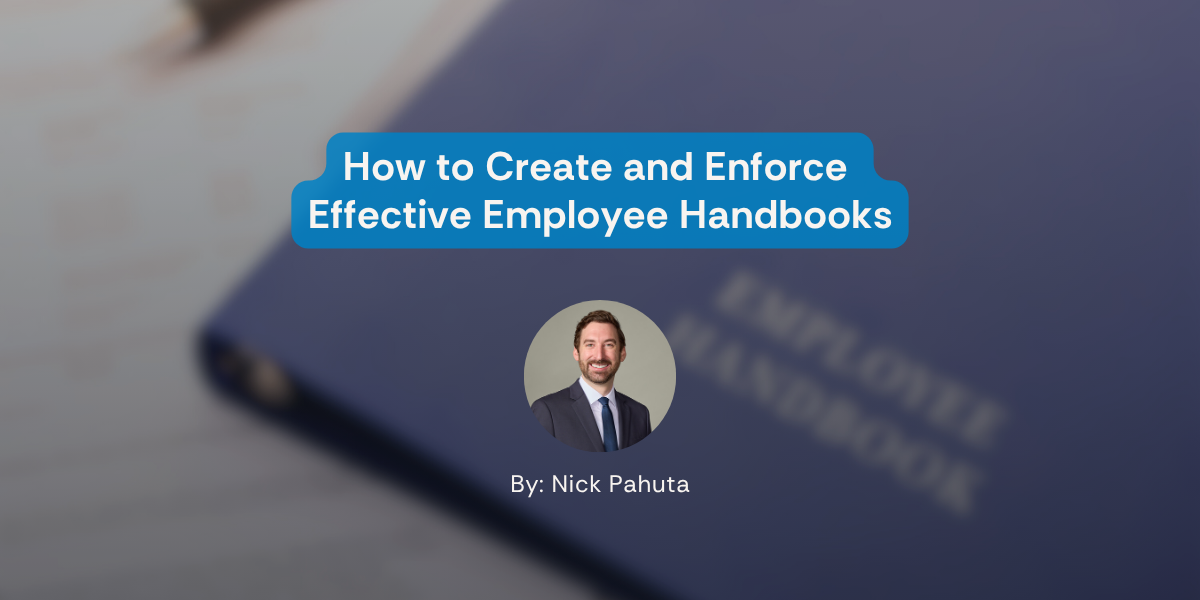Six Common Mistakes Made Before a Divorce

If you are considering divorce, it is wise to meet with an attorney early on - even before you decide for sure to divorce. Do not tell your spouse you are going. Figuring out a way to hide the retainer payment from them is important. There are many mistakes that clients can make, which make their divorce more difficult. Some mistakes are already made before they get to the attorney and learn that they should not have done that. Here’s a few:
- Get advice before you move out of the house. There are many cases where the timing and method of leaving the residence causes problems later. If you have children who will remain in the house, you may jeopardize your time with them. If you later decide that you would like to keep the house, having moved out may jeopardize that position in court. There may be things that can be done or agreed to in advance, that will temper the effects of moving out, but they need to be addressed before, not after, you leave.
- Avoid a domestic violence charge. One of the worst ways to begin a divorce proceeding is being on the defensive against a domestic violence allegation. Never touch your spouse in anger, or threaten your spouse in an inappropriate manner. If you feel an argument is getting heated, stop, and leave the house for a few hours if necessary. Remember that even a threat and other nasty words can result in an allegation.
- Gather financial documents while you can. Once your spouse knows you are getting divorced, or even that you are seeing a lawyer, your access to financial documents and on-line access to bank sites may terminate. So before they know, you should gather everything that might be helpful later to prove what you have and what you owe. Sometimes it can be done by copying them and putting them back, or even scanning them, and emailing them to your lawyer or yourself. Many phones even now have apps to enable scanning. That way your spouse does not even know you got them.
- Do not tell your spouse that you have gotten legal advice. Once the other spouse knows that you sought legal advice, things may change. They may feel obligated to “lawyer up” as well. The entire situation may change irreversibly. Get advice on a confidential basis before you tell them. The attorney can help you determine when and how to tell them.
- Protect your credit. One of the worst things that can happen during the separation is the other spouse running up debt in your name. It can be on credit cards, home equity loans, and store charges. You may want to consider cancelling some joint loan or charge account, or others that they have ability or access to charge on. You also want to control enough of the financial assets to assure that monthly installments are maintained during the divorce process.
- Consider collaborative divorce. Be prepared to discuss the option of collaborative divorce with your attorney. Collaborative divorce is a process for divorcing where both spouses hire collaboratively-trained attorneys and other professional to help through the negotiation process with a commitment not to litigate (unless the process fails). It can make the process of divorcing much better. For all couples you increase the chance of having a better relationship with your spouse once the divorce is over. It is especially important when you will go on co-parenting children. In Cincinnati, the local collaborative divorce website is www.collaborativelaw.com; in Northern Kentucky it is www.nkydivorce.com.
If you are you interested in speaking with an attorney regarding a divorce or separation, Strauss Troy’s Domestic Relations team is here to advise you. Our team can handle all aspects of divorce and dissolution, including complex divorce and custody cases, mediation and collaborative divorce.

.png)
.png)
